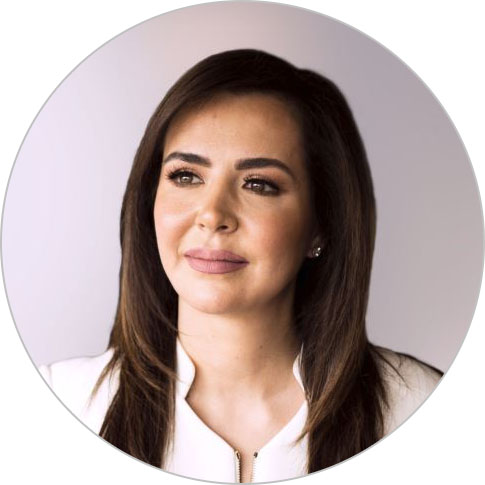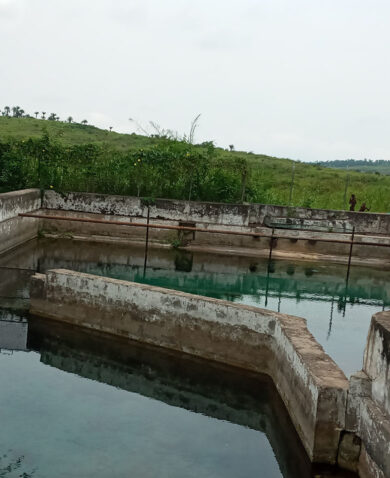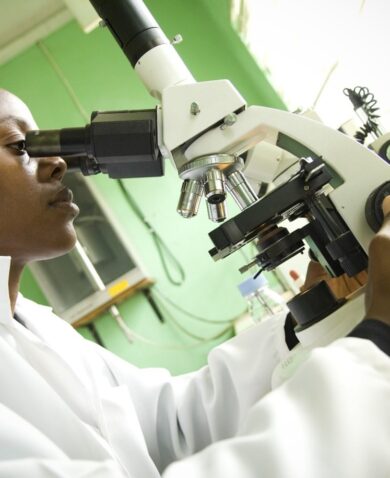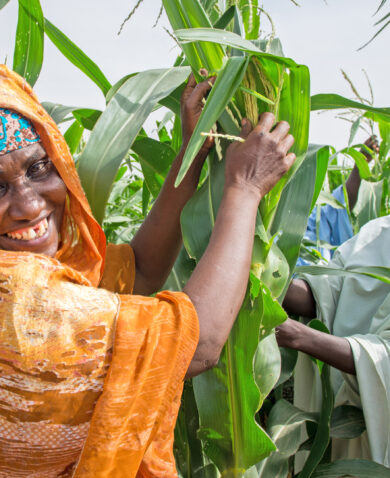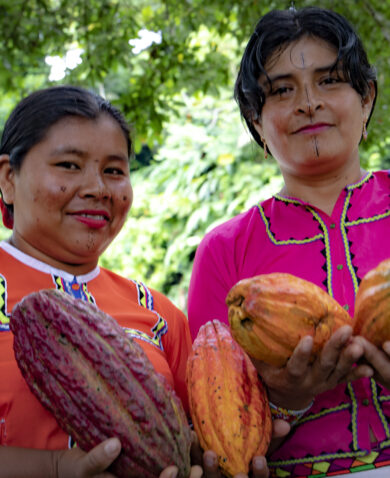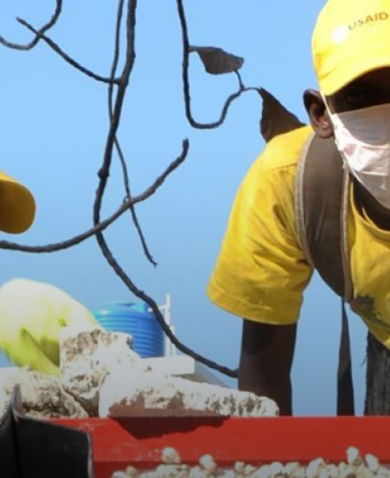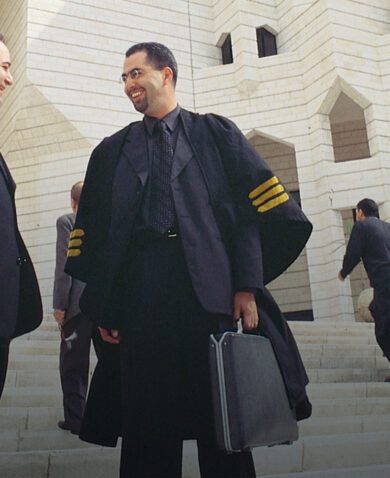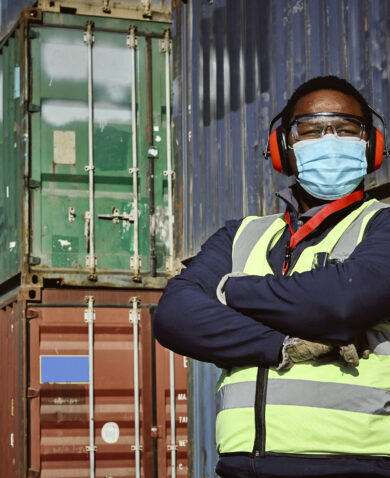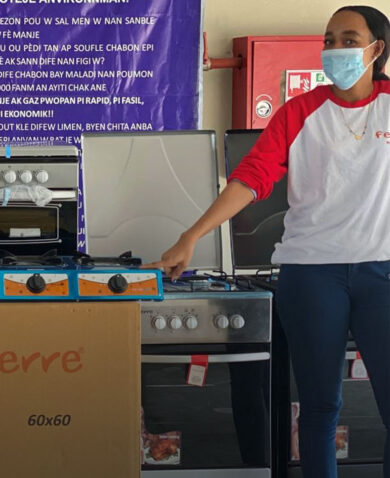As sometimes happens, staffing changes occurred at USAID over the course of the year, and a few original champions for our engagement moved on to their next posting, and understandably, priorities shifted. Based on this experience, I encourage the private sector to seek out opportunities for engagement that last more than a year. Longer-term opportunities often ensure there is time to show tangible results, to share knowledge within the mission itself, and to build effective relationships with multiple staff. If possible, I would also include internal outreach at USAID or with the donor agency you are working with as part of the scope of work for the activity.
When first engaging with donors, I recommend finding a champion (or several!) within the agency who understands innovation and investment. For me, this was a series of people,* and I am very grateful for their support and investment in DiasporaID. Second, ensure you are educated on donors’ various financing mechanisms. Because many private sector partners do not understand the funding mechanisms available to them through donor organizations, I recommend that private sector partners proactively research these. For Netways, USAID/Washington was helpful in explaining our financing options to us. Be sure to also think through goals and metrics that serve both innovation and sustainable development. Lastly, make sure your goals align with the development objectives of the donor before you reach out. This will help you determine if there is funding available and if there is buy-in for your innovation. It will also show donors that you have shared interest in development objectives and are aiming for long-term engagement.
3. How do you think donors could more effectively seek out private sector partners, and what can they do to promote private sector innovation?
The mechanism for soliciting private sector partners needs to continue adapting. Requests for proposals (RFPs) could be replaced with pitch competitions, challenges, hackathons, and open calls for concepts. Donors need to come to terms with the fact that writing proposals or grant applications for donors is a skillset that private sector partners may not necessarily have. In other words, RFPs can be barriers for engagement. How donors engage with the private sector needs to align with how the private sector already seeks interest and investment in their products and services.
If donors provided an appealing outreach and promotional platform for the private sector, this could drive more private sector engagement. Donors should consider innovations they support as their own investment and endorse their use. For example, donors should weave private sector innovations into program descriptions and illustrative activities in their RFPs. I have seen diaspora engagement referenced in several RFPs recently and a mention of DiasporaID could be referenced as a possible tool to leverage. Support in outreach and promotion will promote sustainability of private sector innovations.
For more info on DiasporaID, visit www.diasporaid.com.
*Ambassador Elizabeth Richard, Mona Yacoubian, Carolyn (Teddy) Bryan, Anne Patterson, Cybill Sigler, Georges Frenn, William Butterfield, and William Baldridge
Posts on the blog represent the views of the authors and do not necessarily represent the views of Chemonics.


